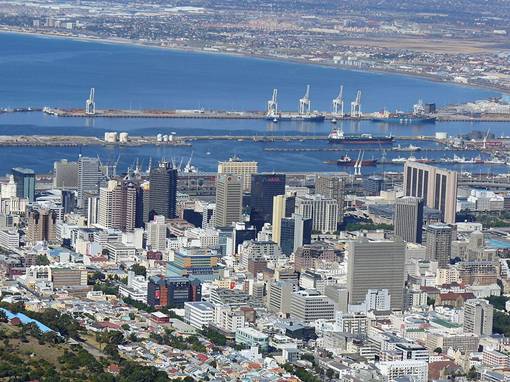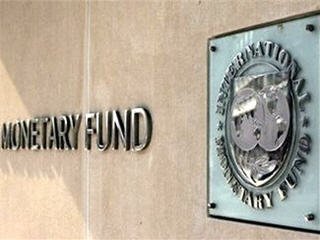ข่าวสารประเทศตลาดใหม่และอื่นๆ
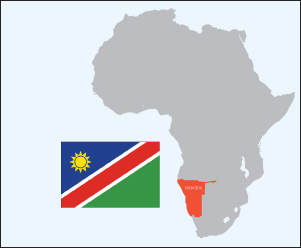
Namibia: Investment Grade Will Not Become Junk Status
20 เมษายน พ.ศ. 2558NAMIBIA is set to record its seventh straight annual fiscal deficit during the 2015/16 financial year.
Brian van Rensburg director of PSG Namibia said yesterday that considering the increase in the number of ministers within the new cabinet, it is not surprising that the state has had to continue on the path of fiscal shortfalls.
Van Rensburg said nonetheless, while a narrowing deficit would have been welcomed and an increase in debt ratios will be frowned upon by rating agencies, the 2015/16 fiscal plan is a continuation of Namibia's well-managed fiscal affairs.
"And we do not believe that Namibia's investment-grade rating is in any risk of being moved to 'junk' status.' We have confidence in the new minister's financial management skills: he was deputy finance minister during 2010-12 followed by his tenure as trade and industry minister during 2012-14 and the early parts of 2015" he said.
Finance minister, Calle Schlettwein is planning for revenue of N$58,44 billion during the 2015/16 financial year - based on an economic growth rate of 5,7% during the 2015 calendar year- and that government income should grow by an average of 9% per annum over the medium term.
Expenditure is proposed at N$67, 08 billion in the coming 12 months of which the development budget is planned at N$11,1 billion.
Outside of the development budget, the state will also make transfers to 'strategic infrastructure' projects such as the Kudu gas-to-power project, road and railway rehabilitation, the Port of Walvis Bay expansion, as well as the national mass housing scheme. Over the medium term, almost N$5 billion will be provided to NamPower and Namcor towards the Kudu project, and some N$1,25 billion will go towards the mass housing scheme.
Almost 39% of the total non-interest budget will this coming year be allocated to the social sectors. The Ministry of Basic Education, Arts and Culture will receive N$11,32 billion in the period (equal to 73,7% of the total allocation to education).
Schlettwein said that the state 'shall be able to provide both primary and secondary education for free with this allocation.'
The government is planning for an average fiscal budget deficit equal to 3,8% of GDP during the 2015/16 - 2017/18 period.
The state is projecting government debt to equal around 31,5% of GDP over the next three years compared to a ceiling of 35% of GDP. Still, the 31,5% figure will be a notable increase from readings closer to 24% of GDP at present.
A substantial part of this financing need over the coming years will be sourced on the domestic market.
Considering Namibia's narrow tax base, the ministry is also planning a commission to investigate the 'equity and effectiveness of the tax system, with the view to broaden and deepen the tax base, improve the fairness of sharing the tax burden, while keeping in check the efficiency and competitiveness of the system and the taxpayer's ability to pay.'
"This will immediately raise fears about an increase in tax rates as seen in South Africa not too long after Pretoria commissioned its owned investigation into the same matter. Fiscal expenditure growth has averaged 19,4% per annum since the 2006/07 period while revenue growth has averaged only 17,8% per annum," said Van Rensburg.
Cr:http://allafrica.com/stories/201504080829.html
-
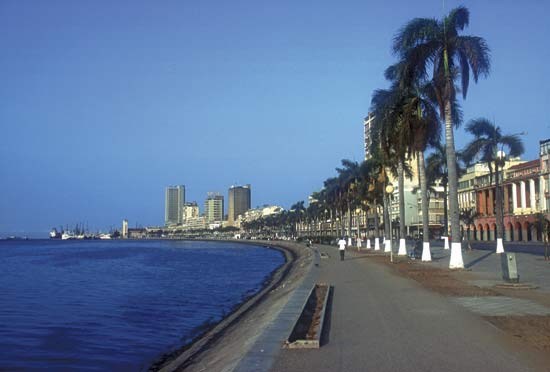
Ambassador of Brazil calls for more investment in Angola
27 เมษายน พ.ศ. 2558 -
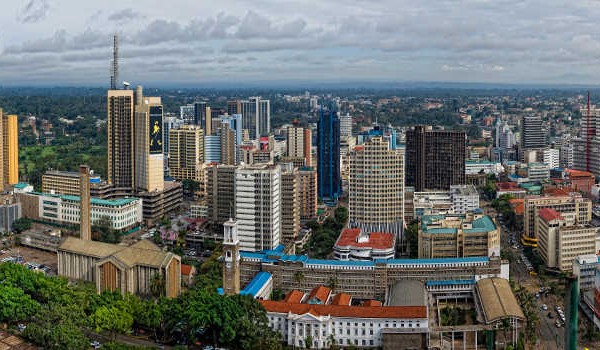
Kenya Hires Grayling To Revive Tourism And Investment
28 เมษายน พ.ศ. 2558 -
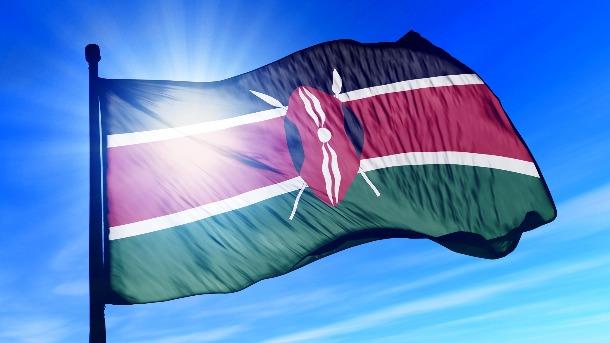
Grayling To Support Tourism And Investment In Kenya
29 เมษายน พ.ศ. 2558
